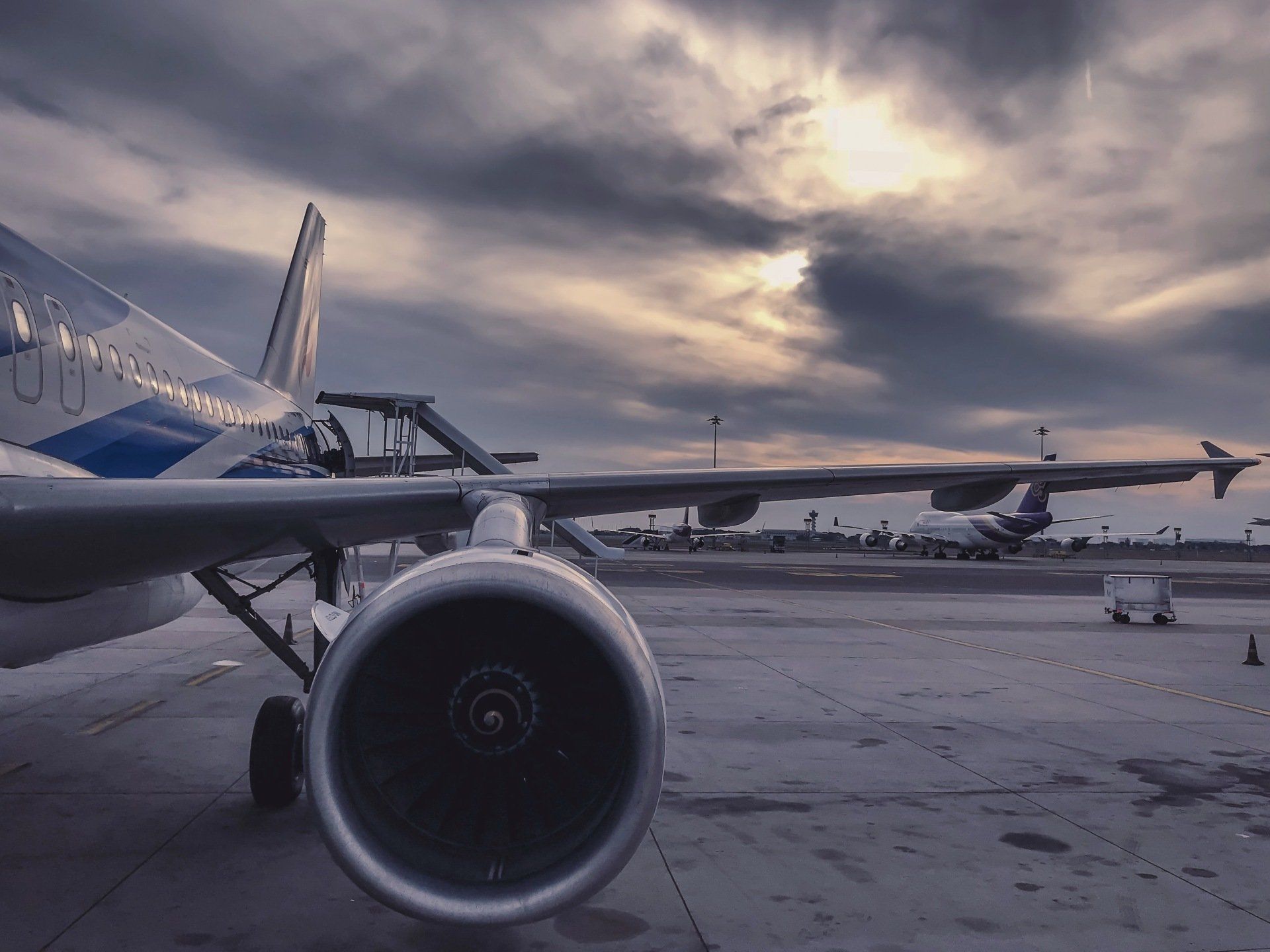Navigating the Skies: A Guide to Air Transportation for Aircraft Parts
A Guide to Air Transportation for Aircraft Parts

In the fast-paced world of aerospace logistics, the efficient transportation of aircraft parts is crucial to maintaining the integrity and reliability of aviation operations. With the global reach and speed of air transportation, it has become an indispensable mode for shipping aircraft parts, especially for time-sensitive shipments and critical maintenance needs.
Understanding the Process
Air transportation of aircraft parts involves a series of meticulous steps to ensure the safe and timely delivery of components to their destination. From the initial booking of cargo space to the final delivery at the intended location, every aspect of the process is carefully orchestrated to minimize risks and maximize efficiency.
Safety Regulations and Compliance
One of the primary considerations in air transportation is compliance with stringent safety regulations and industry standards. From the International Civil Aviation Organization (ICAO) to national aviation authorities, there are strict guidelines governing the packaging, handling, and transportation of aircraft parts to ensure the safety of both the cargo and the aircraft.
Packaging Requirements
Proper packaging is essential to protect aircraft parts during transit and prevent damage or degradation. Parts must be securely packaged using materials that meet aviation industry standards for strength, durability, and protection against environmental factors such as temperature fluctuations and humidity.
Route Planning and Optimization
Route planning plays a critical role in air transportation, especially for long-distance shipments or those involving multiple destinations. By optimizing routes and flight schedules, logistics providers can minimize transit times, reduce costs, and enhance overall efficiency in the transportation process.
Benefits of Air Transportation
The benefits of air transportation for shipping aircraft parts are manifold. Firstly, air transport offers unparalleled speed, allowing for expedited deliveries and quick turnaround times, which is crucial for minimizing aircraft downtime and maintaining operational efficiency. Additionally, air transportation provides global connectivity, enabling parts to be transported swiftly to virtually any destination around the world. This level of accessibility is particularly advantageous for airlines, MROs, OEMs, repair facilities, and other stakeholders in the aerospace industry who require timely access to critical components.
Conclusion
In conclusion, air transportation plays a vital role in the logistics chain for shipping aircraft parts, offering speed, reliability, and global connectivity. By understanding the key considerations such as safety regulations, packaging requirements, and route planning, logistics providers can ensure the seamless transportation of aircraft parts, contributing to the efficient operation of aviation businesses worldwide.


